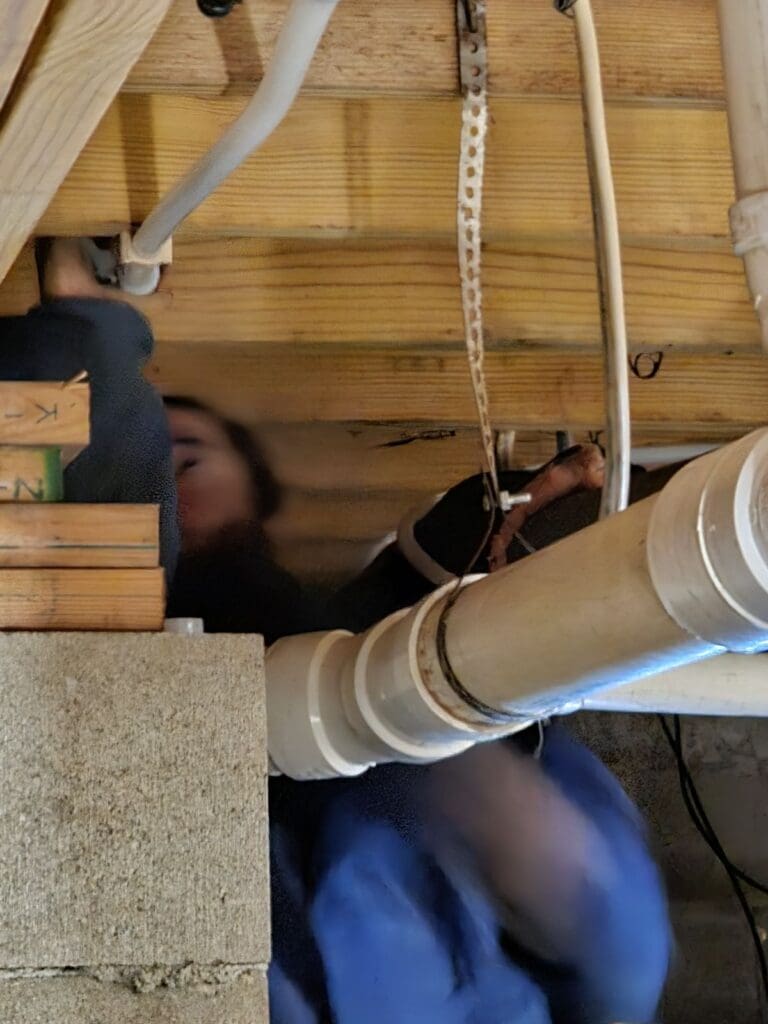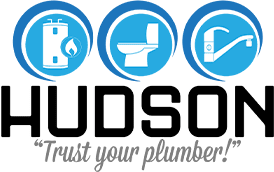Clogged drains are a homeowner’s worst nightmare. They can lead to unpleasant odors, slow drainage, and even costly plumbing repairs. Fortunately, many clogs can be avoided with a few simple preventative measures. At Hudson Plumbing, we believe that prevention is key to maintaining a healthy plumbing system. Here are our top tips on how to prevent common drain clogs in your home.

1. Be Mindful of What Goes Down the Drain
One of the most effective ways to prevent clogs is to be cautious about what you dispose of in your sinks, toilets, and showers. Here are some common culprits to avoid:
- Grease and Oils: When cooking, let greasy pans cool and scrape them into the trash instead of pouring them down the drain.
- Food Scraps: Use a sink strainer to catch food particles when rinsing dishes. Dispose of large scraps in the trash or compost bin.
- Hair: Install a hair catcher in your shower or bathtub drain to trap hair before it can build up.
- Hygiene Products: Items like cotton balls, wipes, and feminine hygiene products should never be flushed down the toilet, as they can cause severe blockages.
2. Regular Maintenance
Regular maintenance can significantly reduce the risk of clogs. Here are a few practices to incorporate into your routine:
- Flush with Hot Water: Once a week, run hot water down your kitchen sink to help break down any grease buildup.
- Use Baking Soda and Vinegar: Every month, pour half a cup of baking soda followed by half a cup of vinegar down the drain. This natural solution can help dissolve minor buildup and odors. After 30 minutes, flush with hot water.
- Check Your Pipes: Keep an eye on the condition of your pipes and drains. If you notice slow drainage or any unusual sounds, it might be time to call a professional.
3. Protect Your Outdoor Drains
Don’t forget about outdoor drains! Leaves, dirt, and debris can clog drains and gutters, leading to larger issues. Here’s how to keep your outdoor drains clear:
- Clear Debris Regularly: Regularly remove leaves, dirt, and debris from gutters and downspouts.
- Install Drain Covers: Use mesh or perforated covers to keep larger debris out of your outdoor drains.
- Maintain Your Yard: Ensure that your yard is graded properly so that water flows away from your home’s foundation, reducing the likelihood of flooding and clogs.
4. Be Cautious with Chemicals
While it may be tempting to use chemical drain cleaners when faced with a clog, they can often cause more harm than good. Over time, harsh chemicals can damage your pipes, leading to leaks and more serious issues. Instead, opt for natural solutions or consult a professional plumber when you have a significant clog.
5. Know When to Call a Professional
If you find that you’re frequently dealing with clogs despite your best efforts, it may be time to call in the professionals. At Hudson Plumbing, we offer thorough drain cleaning services and can identify any underlying issues that may be causing persistent clogs.
Conclusion
Preventing drain clogs is easier than you might think. By being mindful of what goes down your drains, maintaining your plumbing regularly, and addressing any issues promptly, you can save yourself time, money, and stress. If you have any questions or need assistance with your plumbing, don’t hesitate to reach out to Hudson Plumbing. We’re here to help keep your home’s plumbing system running smoothly!


